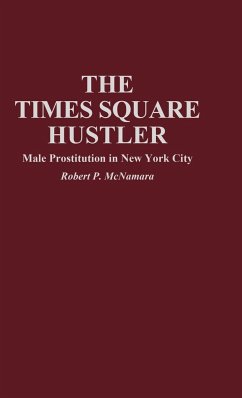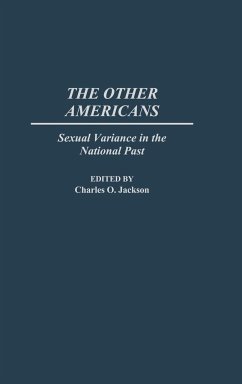
Purity and Hygiene
Women, Prostitution, and the American Plan, 1900-1930
Versandkostenfrei!
Versandfertig in 1-2 Wochen
87,99 €
inkl. MwSt.

PAYBACK Punkte
44 °P sammeln!
Social purity in the anti-slavery tradition, struggled to prevent State-regulated prostitution in the 19th century and neo-regulation in the twentieth. Joining with Mid-Western and Far Western purity reform associations and with the vigilance societies formed to end the traffic in white slaves, the American Purity Alliance left those organizations to join the Rockefeller and physician dominated American Social Hygiene Association. Seen as old lights by Rockefeller, purity reformers and their feminist allies were pushed to the periphery of power. They struggled to maintain the environmental imp...
Social purity in the anti-slavery tradition, struggled to prevent State-regulated prostitution in the 19th century and neo-regulation in the twentieth. Joining with Mid-Western and Far Western purity reform associations and with the vigilance societies formed to end the traffic in white slaves, the American Purity Alliance left those organizations to join the Rockefeller and physician dominated American Social Hygiene Association. Seen as old lights by Rockefeller, purity reformers and their feminist allies were pushed to the periphery of power. They struggled to maintain the environmental implications of social hygiene, but lost to the eugenic/hereditarian thought that narrowed the movement's implications. This study raises new questions about American feminism, Progressive reforms, public health, and the significance of women's suffrage. Rather than rescuing prostitutes, the movement resulted in their further criminalization, deportation, and detainment. Venereal disease rates, rather than declining as they had in Europe, rose dramatically in the 1920s as a result of policies implemented between 1900 and 1920. Ultimately, the repression of white slave traffic and the closing of the red light districts rivaled or exceeded the scope of Prohibition upon the nation. Pivar provides a comparative perspective often missing in other studies of policy toward prostitution and venereal disease.












